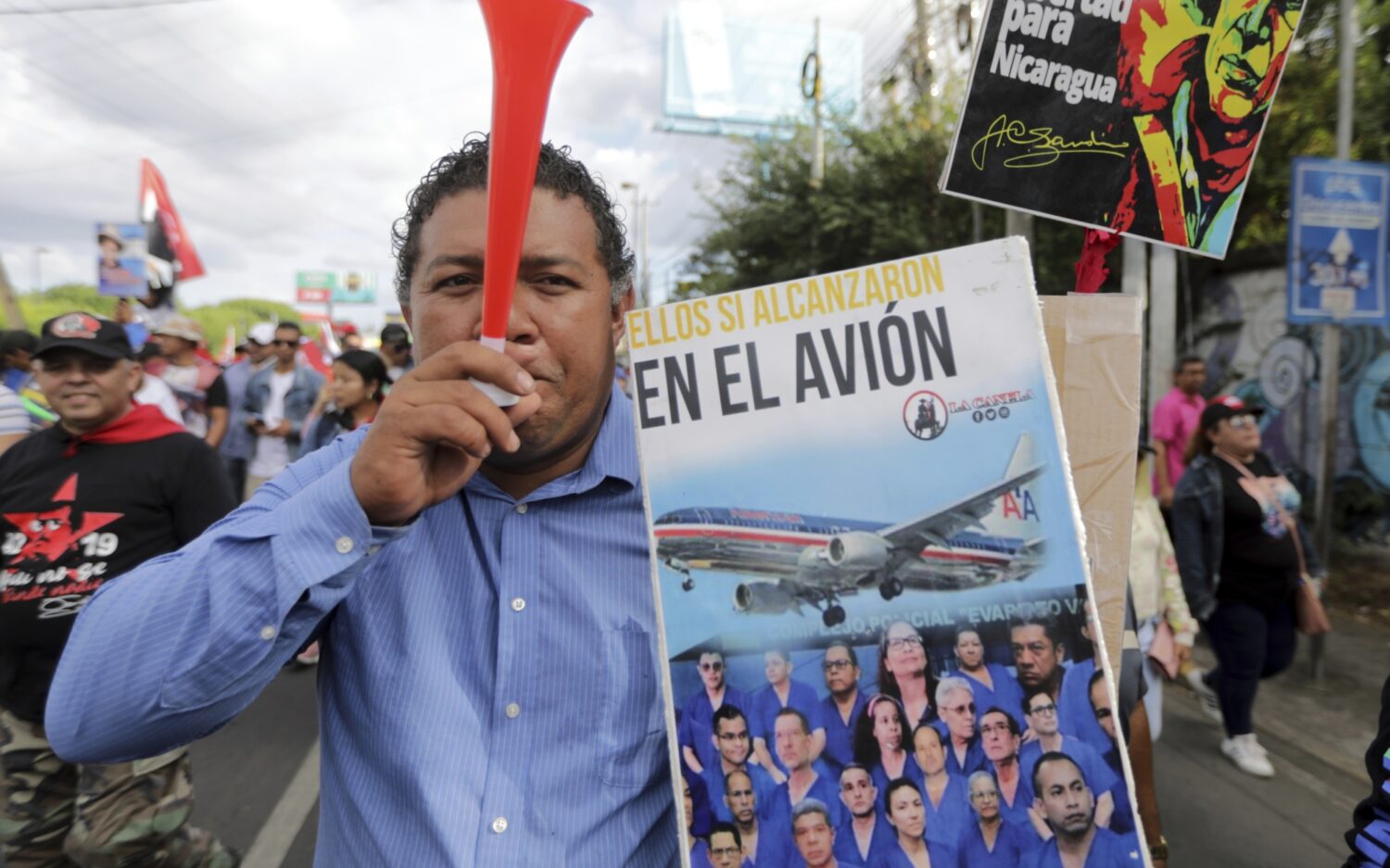Last winter, Nicaraguan President Daniel Ortega sent 222 political leaders, priests, students, and other dissidents to the United States. Shortly after, Ortega’s government voted to strip the former prisoners of Nicaraguan citizenship. Legal experts and human rights groups call the move a political ploy. They also say it violates international law.
The Ortega government has sought to squash political dissent for years. The push dates back to 2018 anti-government protests. Ortega called his imprisoned opponents “traitors.” He claimed they were behind the protests.
So why release the prisoners? Other nations criticized Ortega’s abuses. Ortega wanted, in part, to “minimize the public costs of his repression,” says Ivan Briscoe of the International Crisis Group.
Revoking the former prisoners’ citizenship made them stateless. What does that mean? Stateless persons are not considered nationals (members of the state) or citizens under the laws of any country. (To be a citizen is to have legal status and rights such as the right to vote.)
People usually receive a nationality at birth. In many countries, babies receive citizenship through their parents. In the United States, everyone born in the country is a citizen. But some people are born stateless. For example, some countries—such as Iran, Kuwait, Somalia, among others—do not allow a mother to pass on her nationality. If the father is stateless, unknown, or deceased, the baby will not be a national. A person might also become stateless later in life. In some countries, citizens can lose their status by living abroad for a long period of time.
The stateless face many hardships, according to the United Nations’ refugee agency. Officials may detain them. They often lack identifying documentation or bank accounts. And they may not be able to hold a job.
Peter J. Spiro is an international law professor. He says that taking away citizenship as Ortega did violates a 1961 treaty. Countries in the United Nations agreed to work against statelessness, including Nicaragua.
The treaty states that governments cannot “deprive any person or group of persons of their nationality on racial, ethnic, religious, or political grounds.” Ending citizenship is not allowed as a political weapon.
The exiled Nicaraguans haven’t been left without help. Spain offered them citizenship. The United States granted the Nicaraguans a two-year temporary protection.
Ortega retains a firm hold on power in Nicaragua. “I think the message is very clear,” Briscoe says of the exile. “‘On my land, there will be no opposition.’”
But our citizenship is in heaven, and from it we await a Savior, the Lord Jesus Christ. — Philippians 3:20
Why? Being stateless or without citizenship means a person lacks legal protection and many rights and privileges. Though that is extremely difficult, stateless Christians can be thankful it is temporary: They have the ultimate citizenship—in heaven with God.
Pray for protection and help for those who are stateless.




















